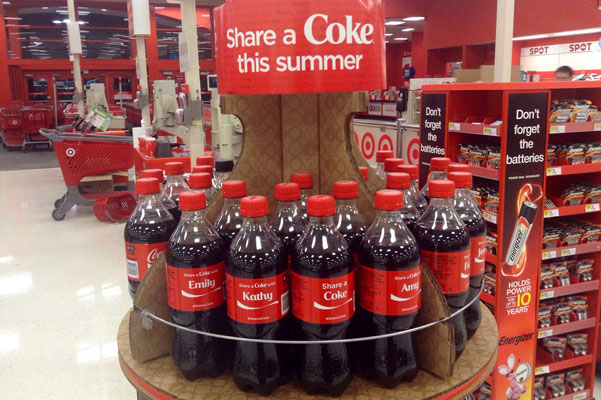
Customer loyalty is all about keeping your customers coming back for more. Customer loyalty involves coming up with strategies that will keep your customers engaged with you as a company/individual and the products or services that you provide.
marketing insights with PHILLIP GARAYI

Customer loyalty has become very important due to the increasing knowledge that it is far cheaper for a company to retain its customers than to acquire new clients. It has become important for a company to please its current set of customers as the goodwill generated can give the company/individual a lot of invaluable marketing mileage such as product referrals. In an effort to keep customers coming back for more, businesses have got to consider being personal with their customers. Going personal involves offering a unique product or a custom service. Personalisation involves creating a somewhat emotional or psychological connection with the customer.
Businesses have started doing so, the biggest example being the Coca-Cola #ShareACoke campaign. This was arguably the best personalisation campaign ever done. The campaign was personal in the sense that Coca-Cola was able to make use of something that is dear to every human being —their name. By putting someone’s name on a coke such as “share a Coke with Peter”, the brand created a unique, different and fun connection with its customers. This gave the Coca-Cola brand a positive image and, according to their figures, the campaign resulted in a 7% increase in young adult consumption of coke and an 870% increase in engagement on the Coke Facebook page. Customer loyalty and engagement was built because the product was being offered in not just a different way, but in a personal way.
For businesses that do not market directly to the customer, but rather to another business, personalisation can take the form of house brands such as in the retail sector or unique business-to-business agreements. In the software industry, personalisation can take the form of custom-made programs or a custom level of software support. Customer loyalty is gained through continual satisfaction of a customer desire and if this is as a result of a unique business-to-business arrangement, or service, then your marketing goal has been achieved. As marketers, we must increasingly be aware that loyalty means trust. We must consider that sometimes customers will keep coming back for more of our products, not because we are the cheapest, but because we are offering something that is unique and personal to them. Customers love it when a business or any individual remembers something that is unique to them such as their last or usual order. I regularly put a specific amount of fuel at a specific fuel station in Harare and the fuel attendants, due to my repeated visits, now know the amount of fuel I normally put in my car. To them, it might be useless or important head knowledge, but to me it has become a source of customer delight and my loyalty to that fuel station has increased. As businesses and, more importantly, as marketing practitioners, we must have in-built systems and create cultures that allow for personalisation to take place. Training on the importance of knowing your customer must be done and a culture of knowing your customer personally must be created, with the marketer being the champion. Systems are far better at keeping information than human beings and so investing in a good customer relationship marketing (CRM) system has to be treated as a priority expenditure in our marketing budgets.
Building customer loyalty through personalisation creates a connection with our customers that we are yet to accurately quantify. What we have seen and what we know is that when a customer is treated as a person, and not as an object, the resultant customer loyalty rewards are immense. As we embrace this new mantra of going personal, let’s do so with an attitude that every customer is unique and it’s only unique service or a unique product that will keep them loyal and coming back for more.
Phillip Garayi is a consultant at Belina Payroll. Garayi is a budding marketing enthusiast who is passionate about using technology to enable marketing. He writes in his person capacity and can be reached on [email protected]
*This article was contributed on behalf of Marketers’ Association of Zimbabwe (MAZ), a professional body of marketers, which seeks to promote and uplift the marketing profession to the highest levels. Contact MAZ on [email protected]











